Top 8 AI Use Cases in Business with Real-World Examples (2025)
Artificial Intelligence (AI) is no longer a future trend – it’s a powerful force driving business transformation today. In 2025, companies across industries will adopt AI not just to automate tasks, but to unlock new levels of efficiency, innovation, and customer engagement.
From intelligent chatbots and predictive analytics to generative AI and real-time cybersecurity, AI is applied in practical, high-impact ways. This blog explores the top 8 AI use cases in business, with real-world examples that show how leading organizations are leveraging AI to solve problems, streamline operations, and create competitive advantage. Let’s scroll down!
Table of Contents
- Why AI Matters for Businesses in 2025
- Real-World AI Use Cases in Business (with Examples)
- How to Identify the Right AI Use Case for Your Business
- How Kaopiz Helps You Build AI Solutions
- Conclusion
- FAQs
Why AI Matters for Businesses in 2025
The use cases for AI in business are no longer experimental – they’re gone mainstream. Companies across industries are now either embedding AI into their core enterprise systems or deploying it as standalone solutions for specialized use cases. From automation and predictive analytics to generative AI and intelligent communication tools, AI is transforming how businesses operate and deliver value.
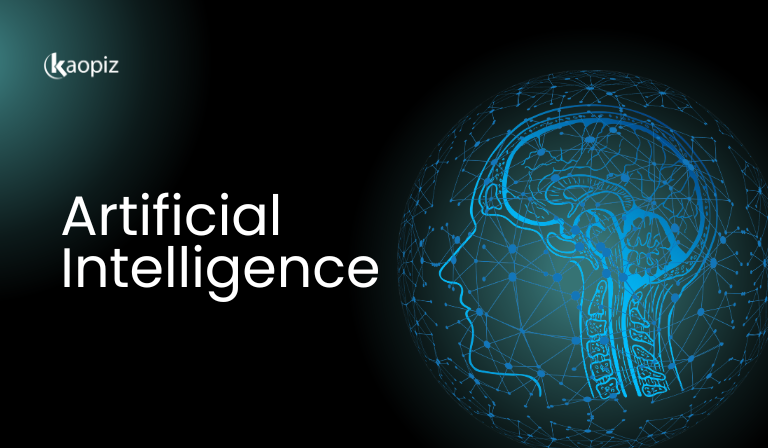
Recent research reinforces this momentum. According to a March 2024 pulse poll by EY, 82% of tech leaders plan to increase their investment in AI over the next year. Moreover, 72% of executives reported that employees are using AI daily in the workplace, primarily for software development, data analysis, and communication. In addition, organizations are investing heavily in internal training and certification programs to upskill their workforce in AI and generative AI capabilities.
While challenges such as talent shortages and regulatory uncertainty remain, the overall sentiment is clear: AI is not only here to stay – it’s becoming essential. Therefore, companies that adopt AI now are gaining a competitive edge through greater efficiency, deeper insights, and more innovative customer experiences.
Real-World AI Use Cases in Business (with Examples)
Then, AI is already delivering tangible value across industries—streamlining operations, improving decision-making, and enhancing customer experiences. In this part, let’s explore some of the most impactful real-world AI use cases in business, along with examples of how organizations are implementing them in 2025.
Chatbots & Virtual Assistants
First, one of the use cases of AI is Chatbots and virtual assistants, as they have become essential tools for modern customer engagement and internal support. Moreover, in 2025, these intelligent systems are being used across industries to provide 24/7 customer service, automate repetitive inquiries, assist employees with HR or IT tasks, and even handle appointment scheduling.
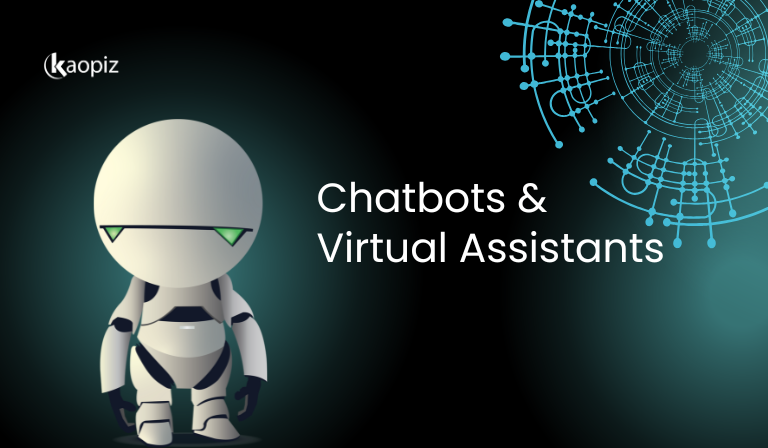
Modern bots leverage natural language processing NLP and machine learning (ML) to understand intent, personalize responses, and even escalate complex issues to human agents when needed. This translates to better customer experiences, reduced wait times, and lower operational costs.
Example
- E-commerce: Automate customer support, handle returns, and recommend products via AI chatbots on your website or app.
- Healthcare: Use virtual assistants to manage appointment bookings, send reminders, and answer patient queries 24/7.
- HR & IT: Deploy internal bots to assist employees with onboarding, policy FAQs, or technical troubleshooting.
Success Stories
- Bank of America’s Erica: A virtual assistant that helps millions of customers track spending, manage transactions, and get quick answers.
- H&M’s Shopping Chatbot: Assists online shoppers with product suggestions and sizing help, creating a smoother shopping journey.
Predictive Analytics
Predictive analytics uses AI and machine learning to analyze historical data, identify patterns, and forecast future outcomes. In 2025, it has become one of the core AI use cases in business for smarter decision-making – from anticipating customer needs to optimizing inventory and reducing risk.

By leveraging real-time data streams and advanced algorithms, businesses can make proactive decisions instead of reactive ones, leading to increased efficiency, better customer experiences, and measurable ROI.
Example
- Retail: Forecast demand and optimize inventory to reduce overstock or stockouts.
- Finance: Predict loan default risk, identify fraud patterns, and guide investment decisions.
- Healthcare: Analyze patient history to predict disease risk or readmission rates.
- SaaS/Software: Anticipate customer churn and identify upsell opportunities.
Success Stories
- Netflix uses predictive analytics to recommend personalized content based on user behavior, increasing engagement and subscriber retention.
- Starbucks uses customer data and location-based analytics to predict where to open new stores and personalize marketing offers.
AI-Powered Process Automation
In nearly every business, there are routine, repetitive tasks that consume valuable time, like data entry, sending emails, managing inventory, or processing transactions. AI-powered process automation allows companies to hand off these tasks to machines, improving speed, accuracy, and overall efficiency.
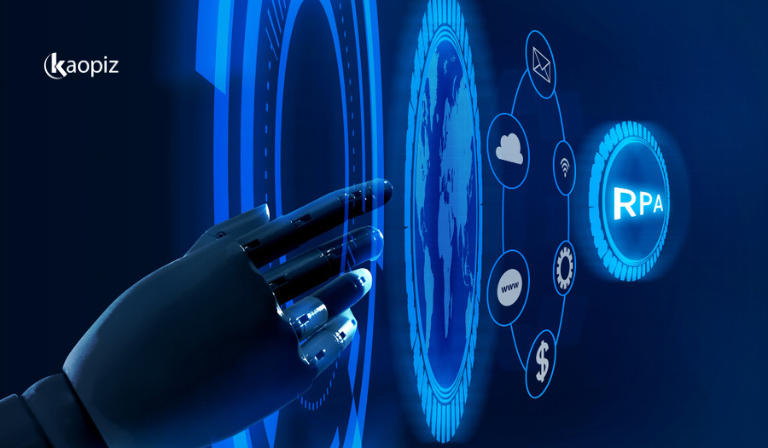
Unlike traditional automation, AI-enhanced automation can handle unstructured data, learn from patterns, and adapt over time. This frees up human teams to focus on more strategic, creative, or customer-facing work.
Example
- Finance: Automate invoicing, expense approvals, and compliance checks.
- Manufacturing: Manage supply chain workflows, optimize production schedules.
- Healthcare: Streamline patient data entry, insurance processing, and appointment follow-ups.
- Retail: Automate restocking alerts, send transactional emails, and manage order tracking.
Success Stories
- IBM leverages Robotic Process Automation (RPA) combined with AI to automate data entry, customer queries, and transaction processing, significantly increasing operational efficiency.
- Siemens adopted AI-based automation to streamline its manufacturing operations. Through process optimization, they significantly reduced unplanned downtime and saved millions in operational costs annually.
Generative AI for Content & Product Development
Generative AI use cases in business are empowering teams to produce content, designs, and even functional prototypes in a fraction of the time. It’s being widely used across industries for marketing, software development, customer engagement, and product innovation.
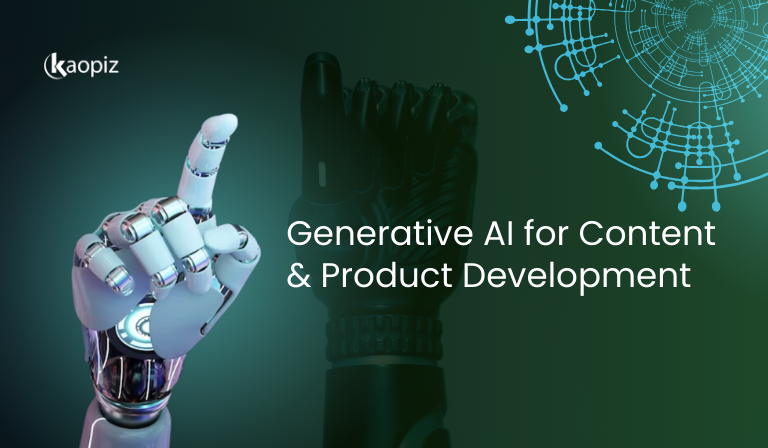
Its tools can write copy, generate images, edit videos, design UI mockups, and even help engineers write and test code. This not only speeds up creative processes but also lowers production costs and unlocks new possibilities for personalization and experimentation.
Examples
- Marketing: Generate blog posts, ad copy, product descriptions, or personalized emails.
- Product Design: Auto-generate UI mockups, product ideas, and creative concepts.
- E-commerce: Create dynamic product content based on customer behavior.
- Education & Training: Develop custom learning content or simulations.
Success Stories
- The Washington Post uses its proprietary AI tool, Heliograf, to automatically produce short news reports and election updates, dramatically increasing content volume without sacrificing quality.
- Canva integrated generative AI to help users, even non-designers, instantly create designs, edit images, and generate social media content.
Intelligent Recommendation Systems
Intelligent recommendation systems use AI and ML algorithms to sift through vast amounts of user data, such as browsing behavior, purchase history, preferences, and engagement patterns, to deliver tailored content, products, or services. They have become essential for creating highly personalized digital experiences that not only meet but anticipate user needs.
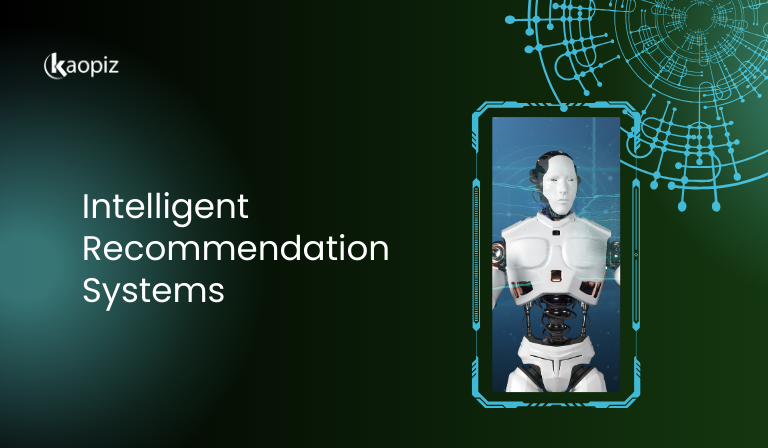
For businesses, the benefits go far beyond personalization. Effective recommendation engines drive higher conversion rates, increase average order values, reduce churn, and create a feedback loop that improves over time as more data is collected.
Examples
- E-commerce: Recommend products based on browsing or purchase history.
- Streaming Services: Suggest movies, shows, or music aligned with the viewer’s taste.
- News & Media: Curate articles based on reading habits and interests.
- Finance: Offer personalized investment tips or spending insights.
Success Stories
- Amazon uses its powerful AI-driven recommendation engine to suggest products, generating up to 35% of total revenue from these personalized suggestions.
- Spotify employs ML algorithms to create custom playlists like “Discover Weekly” based on user listening patterns, boosting user engagement and satisfaction.
AI in Cybersecurity
Since cyber threats grow more sophisticated and pervasive, organizations are increasingly turning to AI to bolster their cybersecurity defenses. AI enhances threat detection by analyzing vast datasets to identify anomalies and potential breaches in real time. This proactive approach enables businesses to respond swiftly, mitigating risks before they escalate into significant issues.
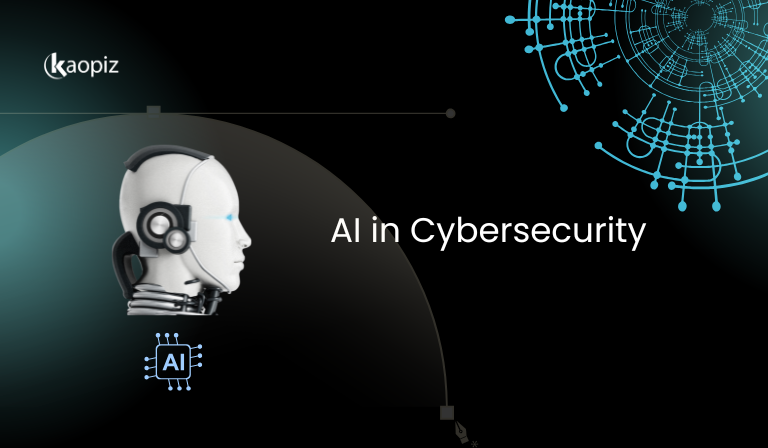
Beyond detection, AI automates response mechanisms, prioritizing alerts and initiating countermeasures to alleviate the burden on security teams. Additionally, AI-driven simulations, such as phishing attack replicas, are employed to train employees, enhancing overall cyber resilience.
Examples
- Finance: Detect fraudulent transactions and unusual login behavior.
- Healthcare: Secure patient data and ensure HIPAA/GDPR compliance.
- Retail & E-commerce: Monitor customer behavior and prevent account takeovers.
- Enterprises: Use AI-powered phishing simulations to train staff and reduce social engineering risks.
Success Stories
- Mastercard has implemented AI-driven biometric authentication in its payment cards, using fingerprint recognition instead of PINs.
- IBM’s AI-powered platform helps organizations analyze massive amounts of security data to detect patterns and threats. A global financial institution used Watson to identify phishing campaigns in real time, reducing breach response time by 60%.
AI in Operations & Supply Chain
In 2025, AI will revolutionize operations and supply chain management by enabling smarter, faster, and more data-driven decision-making. Therefore, AI systems can forecast demand, optimize inventory levels, automate warehouse operations, and improve logistics planning, reducing waste, cutting costs, and increasing agility.
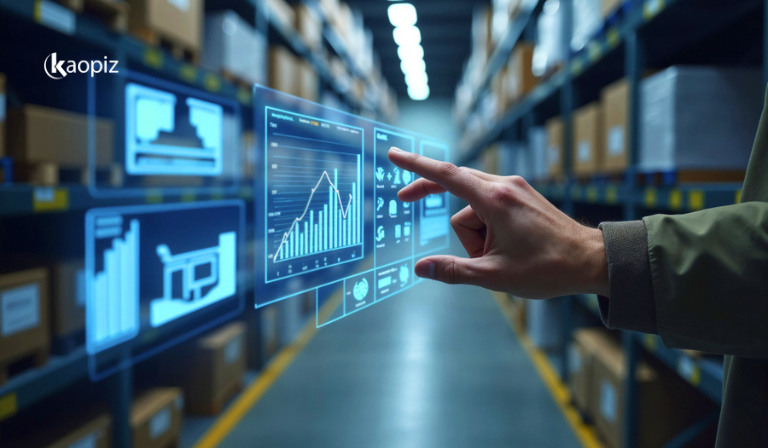
By analyzing historical data, real-time inputs, and external variables like weather or geopolitical risks, AI can detect bottlenecks, predict delays, and recommend alternative routes or suppliers. ML algorithms are also used to dynamically adjust pricing, production, and inventory allocation, ensuring optimal performance even in fluctuating markets.
Examples
- Manufacturing: Predict equipment failures with AI-powered maintenance alerts.
- Retail: Automate inventory replenishment and track real-time stock levels.
- Logistics: Optimize delivery routes and reduce fuel consumption.
- Warehousing: Implement AI-driven robots for picking, sorting, and packaging.
Success Stories
- Coca-Cola uses AI to optimize its supply chain operations, automating inventory and logistics management, leading to reduced costs and improved fulfillment.
- Unilever employs AI to create demand forecasts using weather patterns, economic data, and customer behavior. This allows them to proactively adjust manufacturing and distribution to avoid stockouts and excess.
Industry-Specific AI Use Cases in Business
While AI use cases in business deliver value across functions, its true power is unlocked when tailored to the unique needs of specific industries. Businesses in healthcare, finance, education, retail, and manufacturing are leveraging AI to drive innovation, reduce costs, and improve decision-making in ways that directly impact their bottom line and customer experience.
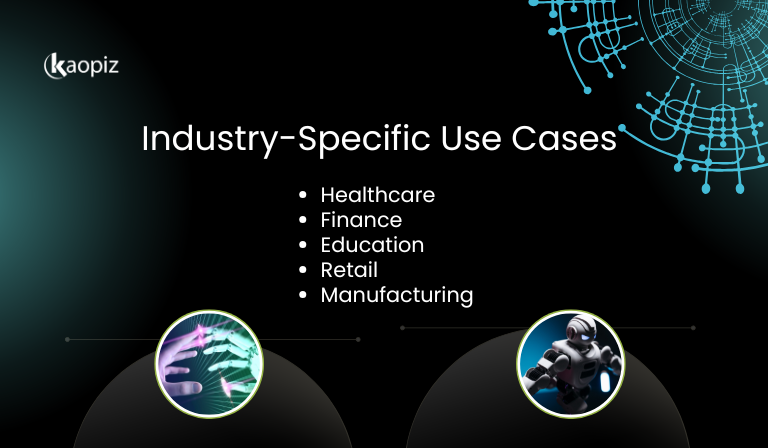
Key Use Cases by Industry:
- Healthcare: AI is used for early disease detection, medical imaging analysis, and patient triage. Chatbots assist with appointment scheduling and post-care instructions. For example, the Mayo Clinic uses AI to analyze X-rays and MRIs, improving diagnostic accuracy and speed.
- Finance: AI powers fraud detection, credit scoring, customer service chatbots, and risk assessment. For example, JPMorgan Chase uses AI to review legal contracts with greater speed and fewer errors, saving thousands of work hours annually.
- Education: AI supports adaptive learning, student performance analytics, and automated grading. For instance, Duolingo uses AI to personalize lesson difficulty, improving learning retention and engagement.
- Retail: AI helps with dynamic pricing, customer segmentation, demand forecasting, and personalized shopping experiences. For example, Walmart leverages AI to predict product demand and manage shelf inventory in real time.
- Manufacturing: AI is used for predictive maintenance, quality control, and supply chain automation. For instance, Bosch uses AI to detect production line anomalies before they lead to costly shutdowns.
From automating patient triage in hospitals to detecting fraud in financial systems, AI is enabling smarter, faster, and more scalable solutions tailored to industry-specific challenges.
How to Identify the Right AI Use Case for Your Business
With AI offering countless possibilities, the real challenge for most companies isn’t whether to adopt AI, but where to start. Choosing the right AI use case in business depends on understanding your goals, identifying pain points, and evaluating where AI can create the most impact with the least friction.

Start by focusing on problems that are repetitive, data-driven, and time-consuming – these are often the best candidates for automation or enhancement through AI. Look for areas where you’re losing time, struggling with accuracy, or unable to scale. Common starting points include customer support, data analysis, supply chain optimization, or content creation.
It’s also important to assess data readiness. AI solutions are only as good as the data that feeds them. Ensure you have clean, structured, and sufficient data available, or a roadmap to gather it. Then, estimate the potential ROI: will solving this problem reduce costs, increase revenue, or improve customer experience?
How Kaopiz Helps You Build AI Solutions
At Kaopiz, we combine deep technical expertise with industry insight to deliver custom AI solutions that drive real business value. Whether you’re looking to automate operations, enhance customer experiences, or innovate with cutting-edge generative AI, we help you turn your vision into reality – efficiently and at scale.
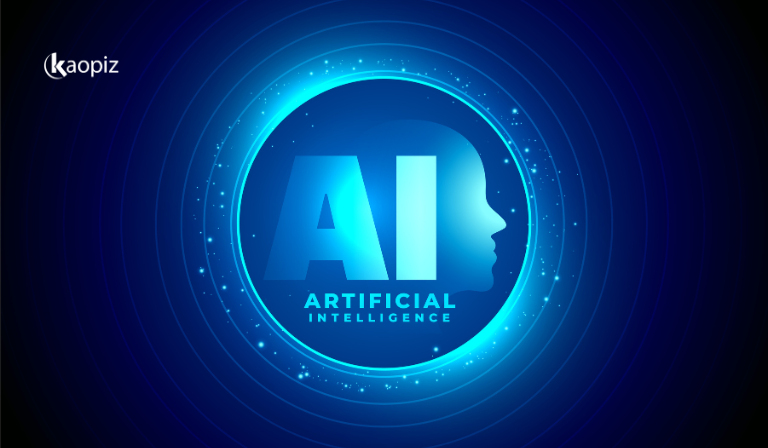
We offer a full suite of AI development services, from consulting and model development to seamless integration and post-deployment optimization. Our specialties include:
- Computer Vision: Face recognition, OCR/ICR, image/video analysis, and text extraction to improve security, digitization, and real-time decision-making.
- Generative AI: AI-powered chatbots, text/image generation, and integration of tools like ChatGPT, Bard, and DALL·E into your platforms.
- Custom AI Models: We tailor models to meet your specific business needs, whether it’s for predictive analytics, personalization, or automation.
- AI Integration & Analytics: Enhance existing systems with intelligent features and use synthetic data generation for model training.
With over 300 experts, 10+ years of experience, and a track record of delivering 500+ successful projects, Kaopiz is your trusted partner for scalable, secure, and future-ready AI development.
Conclusion
To sum up, AI is a powerful tool reshaping the way businesses operate, compete, and grow. From intelligent chatbots and predictive analytics to generative AI and cybersecurity, the use cases explored in this blog highlight how AI is driving real-world impact across industries in 2025 and beyond.
Whether you’re aiming to automate routine tasks, personalize customer experiences, or make smarter data-driven decisions, adopting AI is no longer optional – it’s essential. The key is to start with the right use case, backed by the right partner.
FAQs
How Can AI Help My Business Reduce Operational Costs?
AI can automate time-consuming, repetitive tasks such as data entry, customer support, and inventory management, reducing the need for manual labor and minimizing human error. It also improves decision-making through predictive analytics, helping you optimize resources and cut unnecessary expenses.
How Long Does It Take to See Results from Implementing AI in My Business?
The timeline depends on the complexity of the use case, the quality of your data, and your current tech infrastructure. However, many businesses begin to see measurable improvements, such as time savings or increased efficiency, within 3 to 6 months of deployment.
What Resources or Data Does My Business Need to Start Implementing AI Solutions?
To get started, your business needs access to clean, relevant, and structured data, whether customer interactions, sales history, or operational logs. You’ll also need a clear business goal, the right tech stack, and ideally a trusted partner like Kaopiz to guide development, integration, and scaling.
One Reply to “Top 8 AI Use Cases in Business with Real-World Examples (2025)”
Leave a Comment
Trending Post
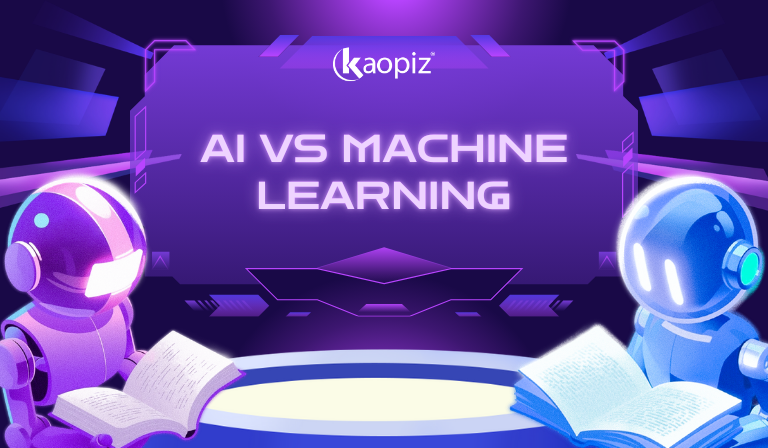
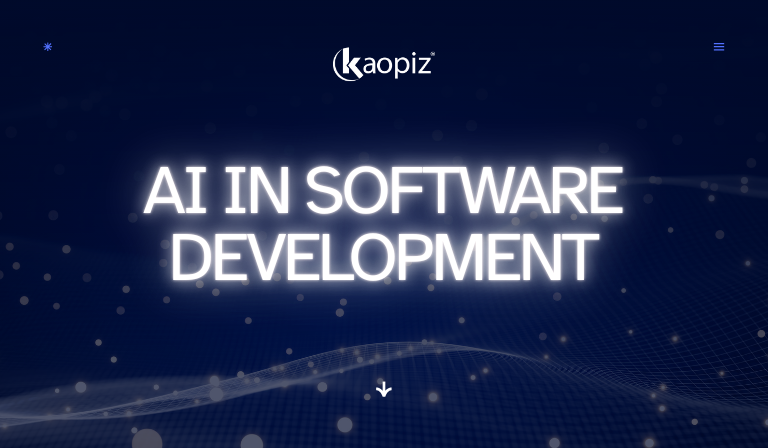
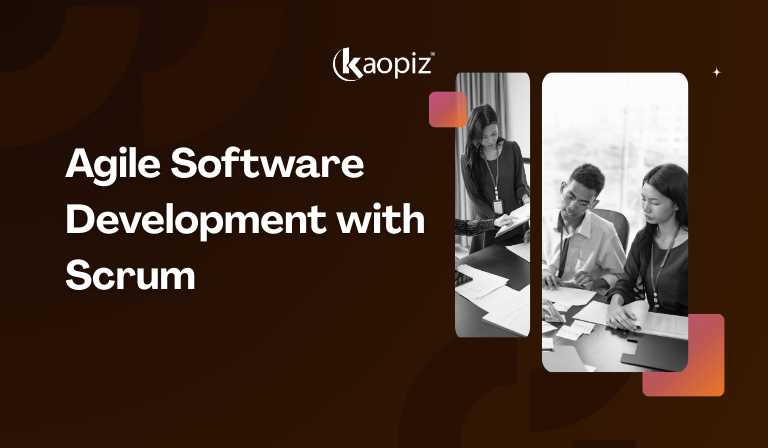
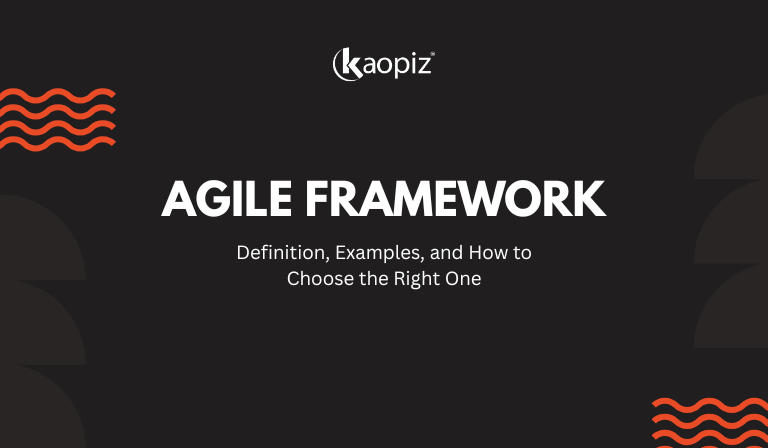
















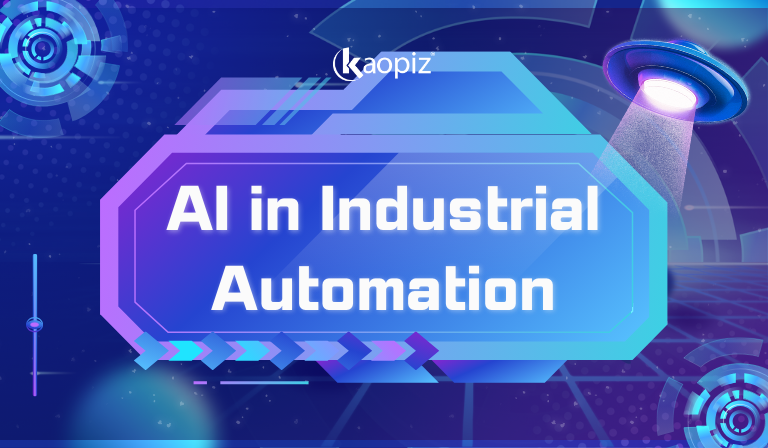

Pingback:Agentic AI vs Generative AI: Which Is Right for Singapore Business